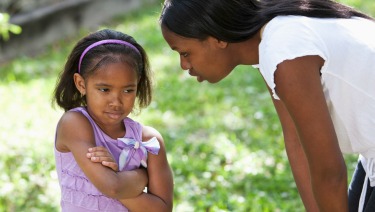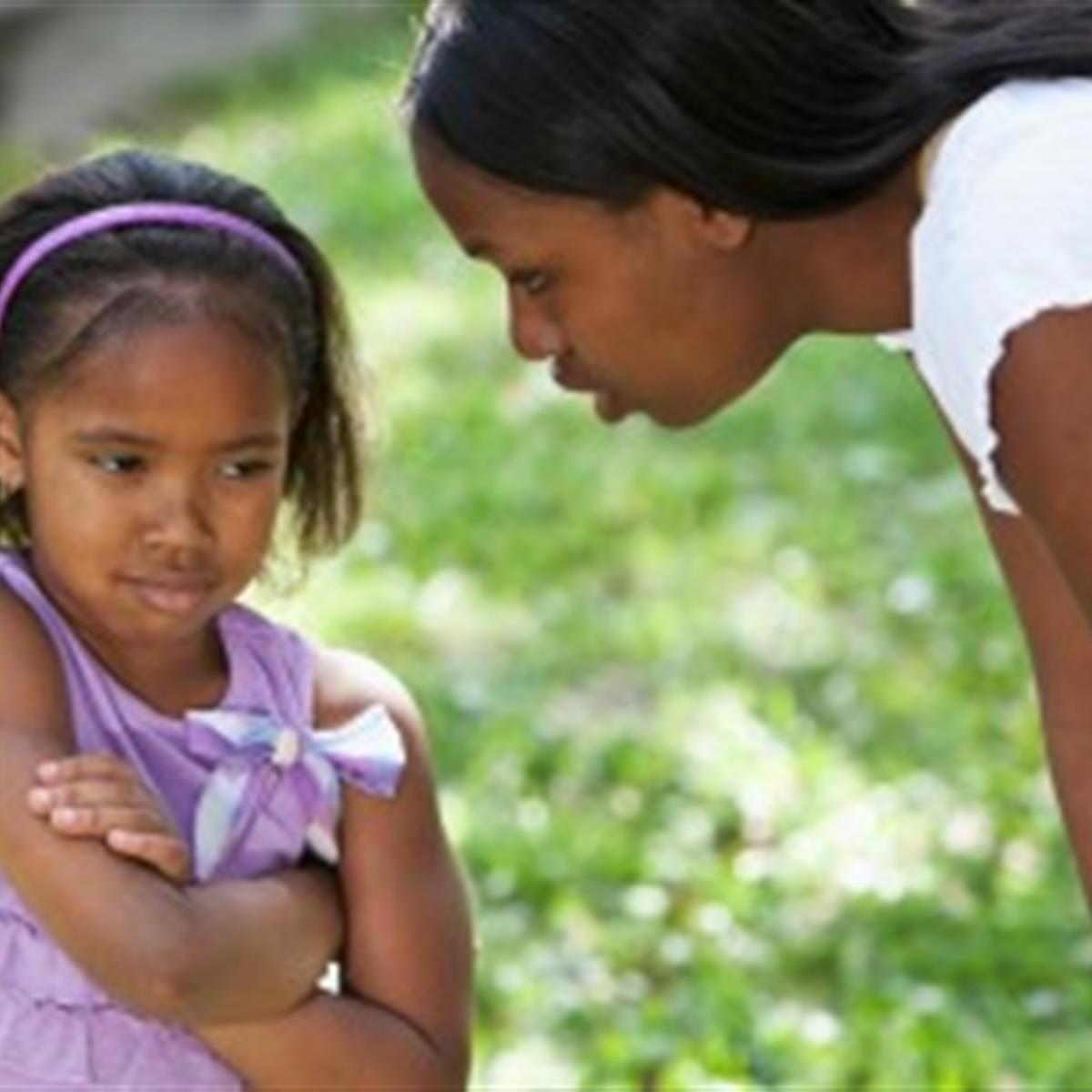If your child hits, get someone else involved and teach them what behavior is expected. This can include using time-out, redirection, small consequences, and positive reinforcement to encourage good behavior.
Providing emotional support and preventing the hitting before it starts are also effective strategies. It’s equally important to discuss alternatives and remove your child from the situation, while addressing the behavior immediately, understanding the root cause, and showing empathy. When guiding children who hit, it is essential to address the behavior promptly, understand the reasons behind it, and respond with empathy and effective discipline techniques.
Seeking assistance from someone else and teaching children about appropriate behavior are crucial steps. By utilizing time-outs, redirection, and reinforcement, parents can guide their children toward positive behaviors while providing emotional support and preventing aggressive actions. Removing the child from the situation and discussing alternatives are additional effective strategies in managing hitting behavior.
Table of Contents
ToggleUnderstanding Toddler Hitting
Understanding the underlying causes of toddler hitting is crucial to effectively addressing and managing this behaviour. Toddlers may express their frustration, lack of emotional control, or inability to communicate through physical actions, such as hitting. It could stem from witnessing aggression or conflict in their environment, imitating others, seeking attention, or feeling overwhelmed by their emotions. Identifying and addressing these root causes can aid in curbing the behavior and promoting positive alternatives.
Toddler hitting can have significant implications for a child’s development. It may hinder their social and emotional growth, leading to difficulties in forming positive relationships with peers and adults. Additionally, it can impact their cognitive development and ability to regulate their emotions. Addressing and redirecting this behavior can contribute to a healthier emotional and social development, enhancing the child’s overall well-being.
Effective Strategies To Stop Toddler Hitting
To prevent toddler hitting, physically restrain them, then remove and redirect them from the situation. Discuss alternatives and provide emotional support to curb aggressive behavior effectively. Show gentle touch and model non-hitting behaviors to teach toddlers positively.
Immediate Response To Hitting
When a toddler hits, it’s crucial to respond immediately. Firstly, calmly but firmly communicate that hitting is not acceptable. Secondly, gently remove the child from the situation to provide a time-out. Moreover, ensure the toddler understands the consequences of their actions by using simple language to explain why hitting is wrong.
Teaching Alternatives To Hitting
Teaching toddlers alternative behaviors is essential in curbing hitting. Encourage the use of words to express feelings and teach them to ask for help if they are frustrated. Additionally, demonstrate and role-play appropriate ways to handle anger without resorting to physical aggression.
Establishing Clear Rules And Boundaries
Creating a structured environment with clear rules and boundaries can help deter hitting behaviors. Establish consistent consequences for hitting, such as a time-out or loss of privileges. Furthermore, offer positive reinforcement when the toddler successfully resolves conflicts without hitting, reinforcing the desired behavior.
Supporting Your Child Through Discipline
Encourage open communication to understand your child’s feelings.
Help them express emotions in a healthy way through words or drawing.
Be patient and provide reassurance when they make mistakes.
- Spend quality time together engaging in activities your child enjoys.
- Listen actively to their concerns and show empathy towards their emotions.
- Set clear boundaries with consistent consequences for actions.

Credit: www.healthychildren.org
Seeking Help For Effective Discipline
Disciplining a child who hits can be a challenging task for parents. It requires finding strategies that not only stop the child from engaging in aggressive behavior but also promote their overall development. Seeking help from a trusted third party or professional guidance can be beneficial in effectively disciplining a child who hits.
Involving A Trusted Third Party
It’s natural for parents to get overwhelmed when dealing with a child who hits. In such situations, involving a trusted third party can provide a fresh perspective and support. This third party could be a close family member, a friend, or even a teacher who has experience in child behavior. By seeking their input, parents can gain valuable insights into the root causes of the hitting behavior and explore effective discipline techniques.
Professional Guidance For Child Discipline
When it comes to seeking help for effective discipline, professional guidance can make a significant difference. There are various professionals who specialize in child behavior and can offer expert advice tailored to the specific needs of the child. This may include child psychologists, therapists, or counselors. Professional guidance not only helps parents address the hitting behavior but also provides them with strategies to promote positive behavior and emotional well-being in their child.
Overall, seeking help from a trusted third party or professional guidance can be instrumental in effectively disciplining a child who hits. By involving a fresh perspective and expert advice, parents can navigate through the challenges and develop strategies that promote positive behavior and growth in their child. Remember, effective discipline is a crucial aspect of raising well-rounded individuals and seeking help is an important step towards achieving this goal.
Preventing Toddler Hitting
To prevent toddler hitting, it’s important to teach them what behavior is expected. When they show aggression, physically restrain them and remove them from the situation. Redirect their attention to something else and provide emotional support to prevent hitting in the future.
Identifying Early Warning Signs
If you want to prevent your toddler from hitting, it’s essential to be able to identify the early warning signs. By recognizing the signals that your child is becoming frustrated or overwhelmed, you can intervene before hitting occurs. Look for signs such as clenched fists, tense body language, or intense facial expressions. If your child starts to exhibit these behaviors, it’s important to address their emotions and find healthier outlets for their frustrations.
Creating A Positive Environment For Your Child
Creating a positive environment for your child is crucial to preventing them from hitting others. By fostering a nurturing and supportive atmosphere, you can help your child develop the emotional skills needed to handle disagreements and frustrations healthily. Here are some ways to create a positive environment:
- Encourage open communication: Create a safe space where your child feels comfortable expressing their feelings and needs. Listen attentively and validate their emotions.
- Model peaceful conflict resolution: Show your child how to resolve conflicts peacefully by using calm and respectful communication with others.
- Teach empathy and understanding: Help your child develop empathy by encouraging them to consider the feelings and perspectives of others.
- Provide age-appropriate activities: Engage your child in age-appropriate activities and playdates that promote cooperation and sharing.
By implementing these strategies, you can create an environment that promotes positive behavior and reduces the likelihood of your child resorting to hitting.
:max_bytes(150000):strip_icc()/discipline-strategies-for-toddlers-4126167_color11-5bcf2c98c9e77c00516b5c2c.png)
Credit: www.verywellfamily.com

Credit: www.healthychildren.org
Frequently Asked Questions Of Guide Stop Kids Who Hit
At What Age Should A Child Stop Hitting?
Children should be taught non-violent ways to manage emotions around age 3, helping them to stop hitting. Using time-outs, redirection, and praise are effective discipline methods. It’s important to model gentle behavior and provide emotional support to prevent hitting in toddlers.
How Can I Stop Hitting My Child?
Stop hitting by involving a neutral party and teaching expected behavior while using alternatives like time-outs and redirection.
How Do You Discipline A 2 Year Old When They Hit?
To discipline a 2-year-old who hits, involve someone else to help you stay in control. Teach them what behavior is expected. Use redirection and provide alternatives. Give emotional support and prevent hitting before it starts. Act early and observe your child’s behavior.
How Do You Punish An Out Of Control Child?
To punish an out of control child, get someone else involved to help diffuse the situation. Teach the child proper behavior and use alternatives to spanking, such as time-outs, redirection, or small consequences. Approval and praise are effective motivators, while lectures may not work well.
Conclusion
Help your child navigate emotions with patience and guidance. Teach positive behaviors and communication. Emphasize love and understanding. Take a proactive approach to redirect aggression. Seek support when needed, and remember, you’re not alone in this journey of guiding your child.

Mother of Two children. I’m a former teacher with a background in child development and a passion for Good parenting. I understand child development and know how to develop activities to help children learn and grow. Spare time, I enjoy spending time with my family, reading, and volunteering in my community. Read More






